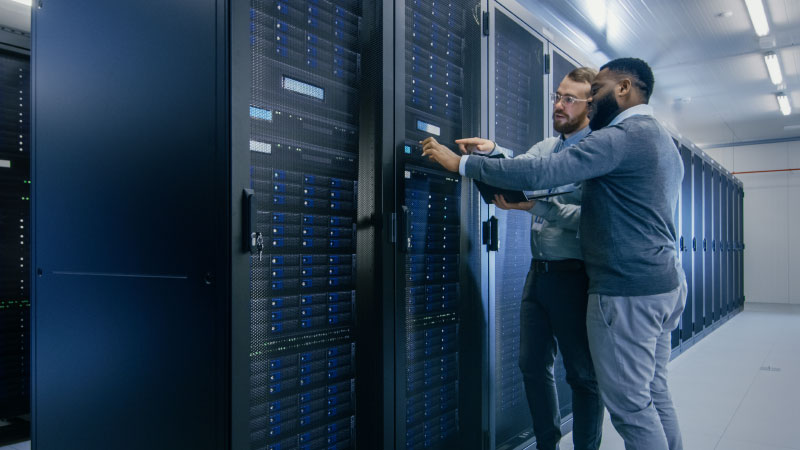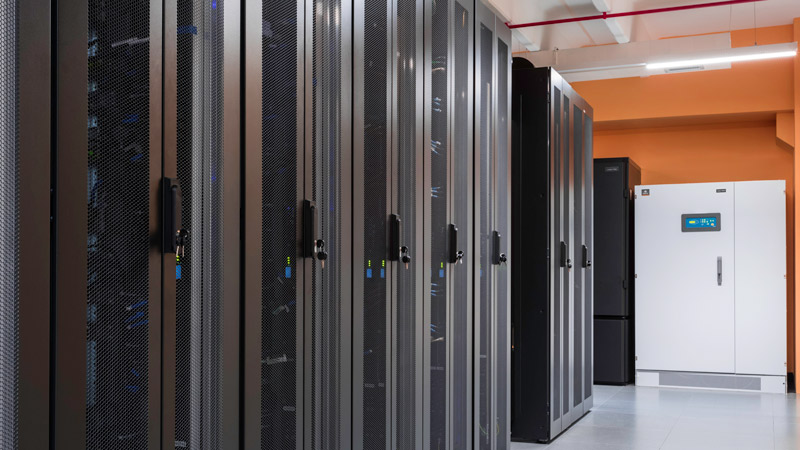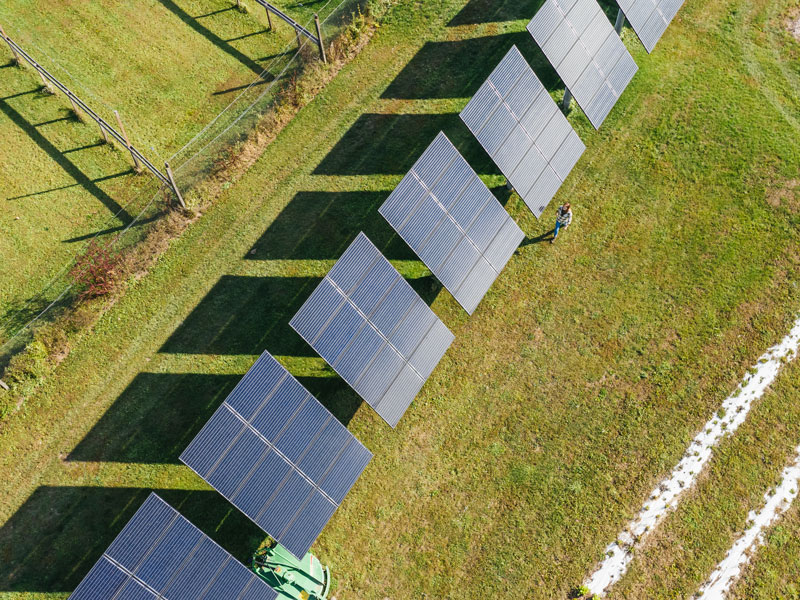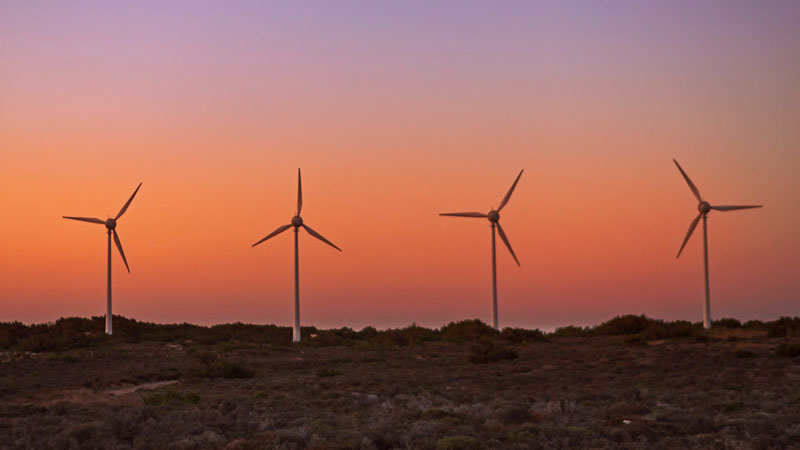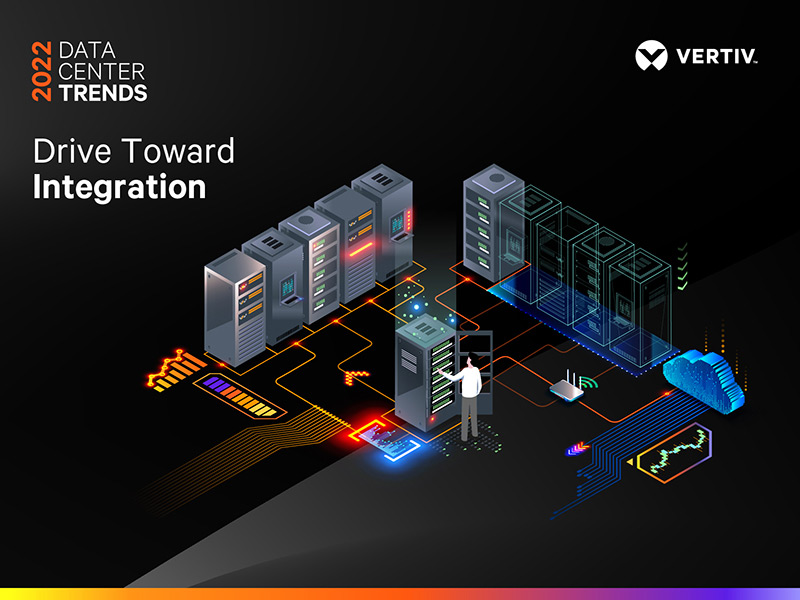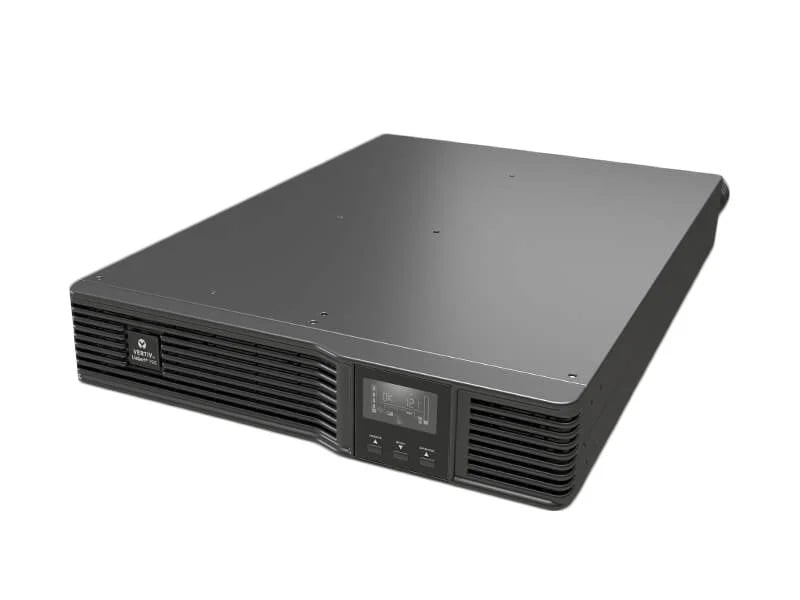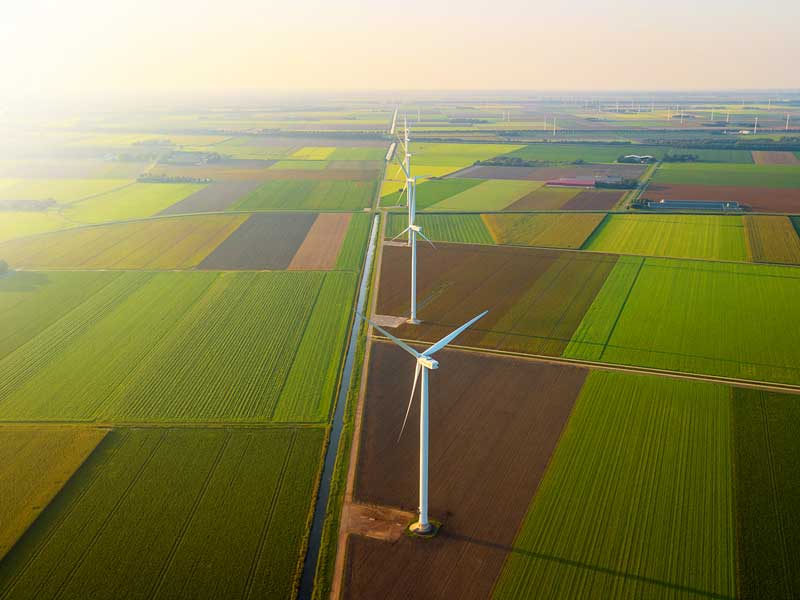Some data center organizations have made sustainability a priority for years, but examples of public pushback in the wake of new data center construction have led to an industry-wide commitment to more sustainable practices, including water-neutral and zero-carbon initiatives. But with an estimated 2.9 gigawatts of new data center capacity currently under construction, there are growing concerns regarding the resources data centers consume. That’s why Vertiv’s experts predict a much more purposeful approach to sustainability in 2022.
Below are some of the stakeholders, technologies and strategies that experts think may lead to more meaningful strides in sustainability efforts in 2022.
The Sustainability Impact of Hyperscalers
In recent years, we’ve seen hyperscale organizations roll out ambitious measures to meet carbon- and water-neutrality goals in the near future. Google announced its goal of employing only carbon-free energy sources by 2030, while Microsoft set an ambitious goal to be carbon-negative and water-positive by the same date. To make this possible, more organizations will need to rely on digital solutions that match energy use with 100 percent renewable energy and ultimately operate solely on sustainable energy. Such hybrid distributed energy systems can provide both AC and DC power, which adds options to improve efficiencies and eventually allows data centers to operate carbon-free.
For colocation providers, there are additional financial incentives to incorporating more sustainable solutions. If colos wish to attract large hyperscalers, like Amazon Web Services, Google or Meta, they will need to meet aggressive demands for sustainability, efficiency and optimization. To make this possible, some colos are moving from diesel to hydrogen generators or deploying long duration batteries, using renewable energy for the main power source, and trying to move to operate solely on renewable energy generated locally.
The Need for Unity and Collaboration Between Stakeholders
One of the biggest challenges to overcome in making data centers more sustainable will be engaging not just data center operators and infrastructure providers, but city planners. These stakeholders will need to work together to make the data center central to their region’s infrastructure, potentially leveraging on-site renewables and energy storage for the data center to support and stabilize the grid. Waste heat from the data center, which is largely lost to the air, also could be used to heat nearby boilers and facilities and reduce their energy needs.
Technologies Making a Difference in 2022
Taking a more deliberate approach toward sustainability in 2022 may mean more widespread adoption of fuel cells, renewable assets, and long-duration energy storage systems, including battery energy storage systems (BESS) and lithium-ion batteries.
For years, skepticism surrounding the recyclability of lithium-ion batteries somewhat slowed adoption, but the announcement of a major expansion of the lithium-ion recycling infrastructure in North America and the emergence of multiple companies securing major public and private funding for lithium-ion recycling is removing one of the few remaining hurdles for widespread adoption of lithium batteries. Once the logistics of recycling become more accessible, companies will be able to contribute positively to sustainability goals by diverting these away from landfills.
There remain lingering concerns about water usage in the data center, particularly in areas affected by drought. Organizations trying to reduce their water usage effectiveness (WUE) can implement thermal systems that use zero water. In addition, thermal systems that use zero water are in demand, and we will see refrigerants with high global warming potential (GWP) phased down in favor of low-GWP refrigerants.
Make no mistake; outlining these strategies and implementing them are two entirely different things. It will take intense work and collaboration between industry leaders and all stakeholders to make this possible. But with many innovative solutions entering the fold, the gap between idea and adoption continues to shrink.
To learn more, visit Vertiv.com.
Read more from Vertiv experts on energy management and other sustainability topics in our Eco-Insights Blog Series.




